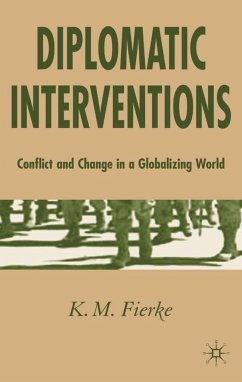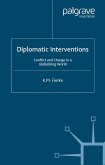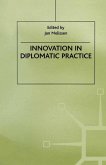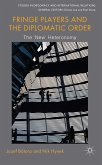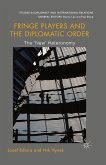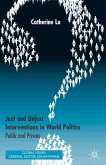Diplomatic Interventions argues that war is a social construction. In so doing, it unsettles the definition of intervention, as a coercive interference by one state in the affairs of another, to examine the range of communicative or 'diplomatic' practices which through their presence modify the experience of war. The tension between claims that war is pervasive and that war is a social construct is analysed in relation to a range of moral, legal, military, economic, cultural, and therapeutic interventions. The concluding chapter highlights how the book itself is a critical intervention that requires us look at again from a new angle at international practice.
' Diplomatic Interventions is an important contribution to the constructivist literature, offering a compelling argument for the social construction of war. With a breadth that spans the just war doctrine, humanitarian intervention, war crimes, pre-emptive self-defence, arms sales, cultural propaganda, and much more, Fierke persuasively argues that, in effect, war is what we make of it. Essential reading for all who study war and conflict resolution.' - Brian Frederking, McKendree College, USA

